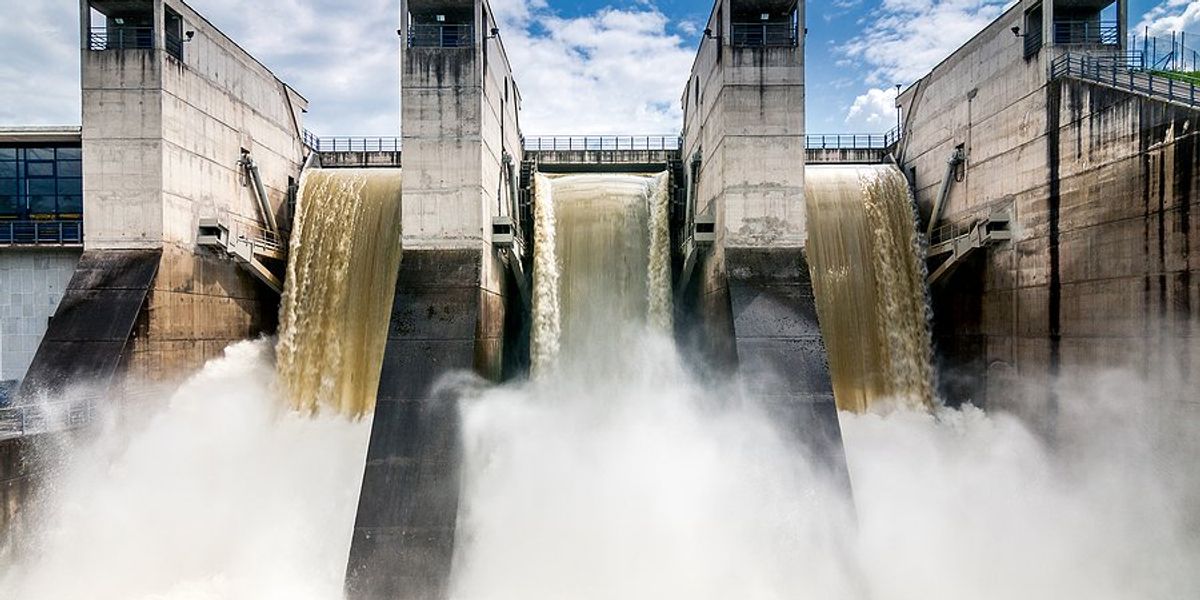nature
Bezos Earth Fund’s influence raises concerns among experts
Jeff Bezos's Earth Fund has donated billions to climate and nature projects, yet experts worry about the fund's influence and its support for carbon offsets.
In short:
- The Bezos Earth Fund, launched in 2020, aims to donate $10 billion by 2030, with $2 billion already granted to various environmental initiatives.
- Concerns have emerged about the fund’s substantial influence over major environmental organizations and potential conflicts of interest.
- Critics argue that the fund's projects often focus on superficial solutions rather than addressing core climate crisis issues.
Key quote:
“The projects of the Bezos fund do not address the key issues of the climate crisis – they are nice but unfortunately cosmetic.”
— Dr. Stephan Singer, global energy policy adviser
Why this matters:
While the sheer scale of the donations has the potential to drive significant environmental change, some experts express concerns over the fund's approach, particularly its support for carbon offsets. Carbon offsets, often touted as a way for businesses and individuals to compensate for their emissions by funding equivalent carbon dioxide savings elsewhere, are a contentious issue. Critics argue that they can provide a convenient way for companies to sidestep the more challenging task of reducing their own carbon footprints. Instead of making systemic changes, these offsets might allow for the continuation of high-emission practices, undermining genuine climate action.
Related EHN coverage:
Ecuador's nature rights movement faces new challenges amid energy shifts
Fifteen years after Ecuador recognized the constitutional rights of nature, environmental advocate Natalia Greene discusses the ongoing challenges and landmark court victories defending these rights.
In short:
- Ecuador leads globally in nature's rights jurisprudence, influenced by landmark cases like the successful defense of the longnose harlequin frog against mining interests.
- The Constitutional Court has revoked several mining licenses, asserting nature's legal rights, which includes numerous species and ecosystems.
- The nation grapples with illegal mining and drug trafficking that threaten both the environment and local communities.
Key quote:
“We now have a whole generation of young people who have grown up only knowing that nature has rights. The law has influenced peoples’ understanding of nature and that is very powerful.”
— Natalia Greene, judge at the International Rights of Nature Tribunal
Why this matters:
This judicial approach in Ecuador, where ecosystems and species have legally enforceable rights, is reshaping the dialogue around environmental protection. It challenges traditional views that prioritize economic gain over ecological health, and sets a precedent for how nature's rights can be enforced legally. Such jurisprudence provides a robust framework for protecting biodiversity while emphasizing the intrinsic value of nature, independent of its utility to humans.
The daredevil flight to save rare birds
Nine breakthroughs for climate and nature in 2023 you may have missed
This year has seen some remarkable steps forward in tackling the nature and climate crises. But in a year like 2023, it's natural our attention has been drawn to the environmental disasters that have dominated the headlines.
Decolonize your diet with this Indigenous cook's new book
Can we save the redwoods by helping them move?
Can Point Reyes National Seashore support wildlife and ranching amid climate change?
The National Park Service is working with a local tribe to determine how to safeguard the tule elk, who compete with cattle for forage in the dry season. A recent proposal to remove a fence has ranchers and dairy owners up in arms.



















